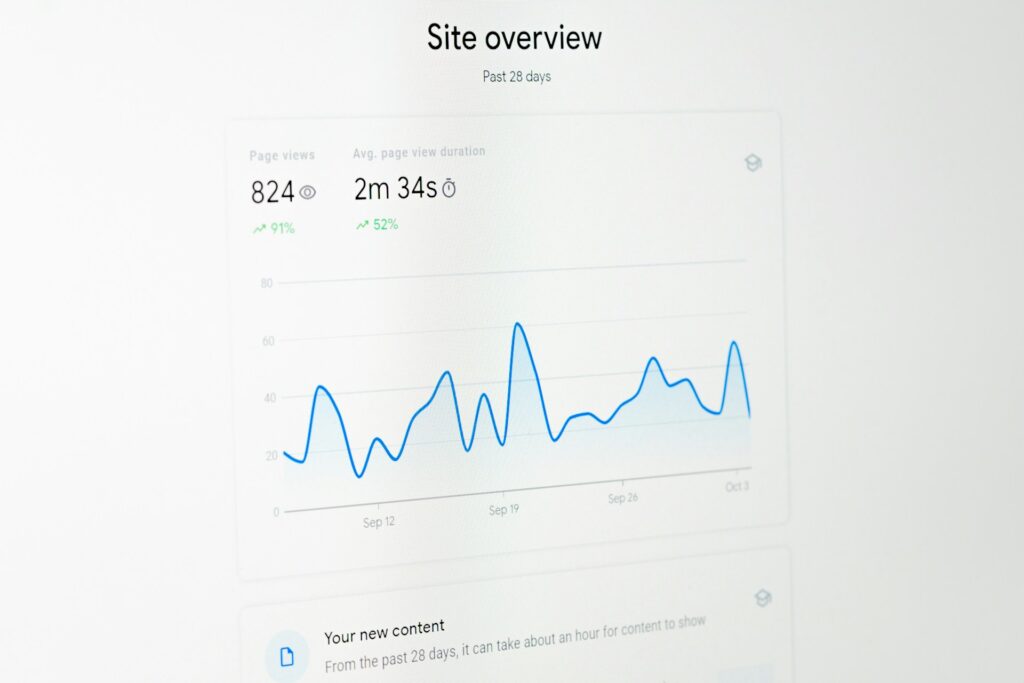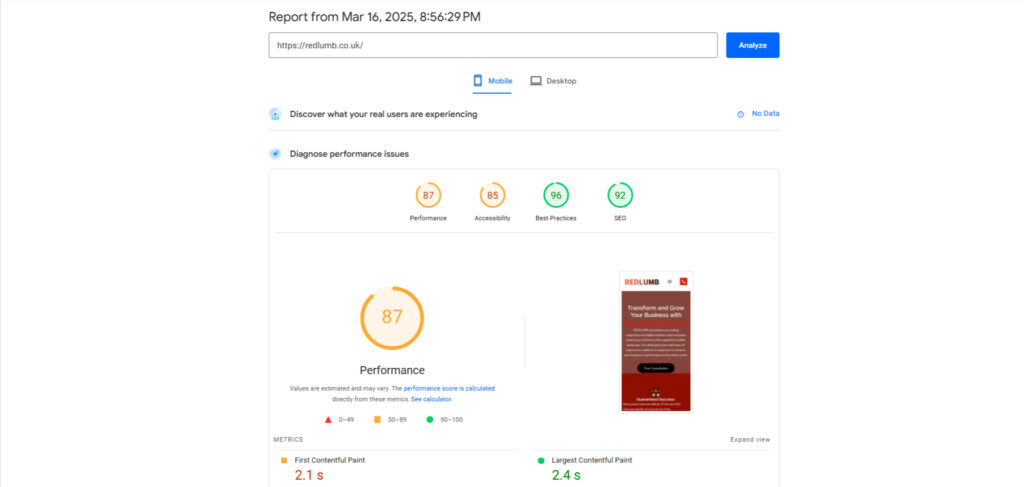If you’re serious about improving your website’s technical SEO, then securing your site with an SSL certificate is non-negotiable. SSL (Secure Sockets Layer) plays a significant role in ensuring that your website is secure and trusted by both search engines and users. But beyond security, an SSL certificate also helps resolve several technical SEO issues that might be holding your site back.
Let’s have a look at what technical SEO issue can you solve with an SSL certificate.
Fixing the “Not Secure” Warning and Improving User Trust
One of the most immediate and visible technical SEO issues an SSL certificate can solve is the “Not Secure” warning that appears in browsers like Google Chrome and Mozilla Firefox. If your website runs on HTTP instead of HTTPS, browsers flag it as insecure, which can drive users away.
This warning not only affects user experience but also signals to search engines that your site isn’t safe. By installing an SSL certificate, your site moves to HTTPS, removing the warning and creating a secure connection between your server and your visitors. This improves trust, reduces bounce rates, and signals search engines that your site is secure.
Boosting Search Engine Rankings
Google has explicitly stated that HTTPS is a ranking factor. Websites secured with an SSL certificate receive a small but meaningful ranking boost over non-secure sites. If two websites offer similar content and quality, the one with HTTPS is more likely to rank higher in search results.

This means that installing an SSL certificate directly impacts your site’s SEO by improving your chances of ranking better, leading to increased organic traffic. Many technical SEO experts in the UK emphasize the importance of HTTPS as a ranking factor, as Google prioritizes secure websites in search results.
Resolving Duplicate Content Issues Caused by Mixed URLs
Technical SEO involves ensuring that search engines can properly index and rank your site. One common issue with websites transitioning from HTTP to HTTPS is URL duplication. If your site is accessible through both HTTP and HTTPS without proper redirections, search engines may see two versions of your site, causing duplicate content issues.
This can dilute your SEO efforts and confuse search engines about which version to rank. By correctly implementing an SSL certificate and setting up 301 redirects from HTTP to HTTPS, you consolidate all traffic to the secure version of your site, preserving your SEO value and avoiding duplicate content penalties.
Ensuring Secure Data Transmission for E-Commerce and Login Pages
If your website collects user information, such as login credentials or payment details, having an SSL certificate is crucial. Without HTTPS, this data is transmitted in plain text, making it vulnerable to interception by hackers. Google and other search engines prioritize websites that provide a secure browsing experience, particularly for e-commerce and membership-based sites.
If your site lacks SSL encryption, it may struggle to rank well, especially in competitive niches where security is a priority. Installing an SSL certificate ensures secure data transmission, reducing the risk of data breaches and improving your site’s credibility.
Enhancing Referral Data Accuracy in Google Analytics
One lesser-known technical SEO benefit of an SSL certificate is its impact on Google Analytics referral data. If your site is still using HTTP and receives traffic from HTTPS websites, referral data may be lost, and this traffic might appear as “direct” rather than “referral” in your analytics reports.
This can lead to inaccurate tracking and make it difficult to analyze where your traffic is coming from. By securing your website with HTTPS, you ensure that referral data is properly passed between websites, giving you more accurate insights into your traffic sources and allowing for better SEO decision-making.
Improving Page Load Speed and Core Web Vitals
Website speed is a critical ranking factor, and an SSL certificate can contribute to improving load times. Modern SSL implementations, particularly with TLS 1.3, offer performance benefits by reducing latency and enabling faster data transfers between the server and the browser.

Additionally, HTTPS allows for better compatibility with HTTP/2, which further enhances website speed by enabling multiplexing, header compression, and faster content delivery. Since page speed is a direct ranking factor, switching to HTTPS can contribute to better search engine performance and an improved user experience.
Preventing Content Injection and Man-in-the-Middle Attacks
Without SSL encryption, your website is vulnerable to third-party content injection, where attackers modify the content displayed to users. This could include injecting ads, malware, or tracking scripts that disrupt user experience and harm your credibility.
Is an SSL Certificate Important?
An SSL certificate is more than just a security measure—it’s a fundamental requirement for technical SEO success. From eliminating browser security warnings to improving rankings, preventing duplicate content issues, securing data transmission, and enhancing page speed, an SSL certificate plays a vital role in optimizing your site for search engines. If your website is still running on HTTP, making the switch to HTTPS is one of the simplest yet most impactful technical SEO improvements you can implement today.





